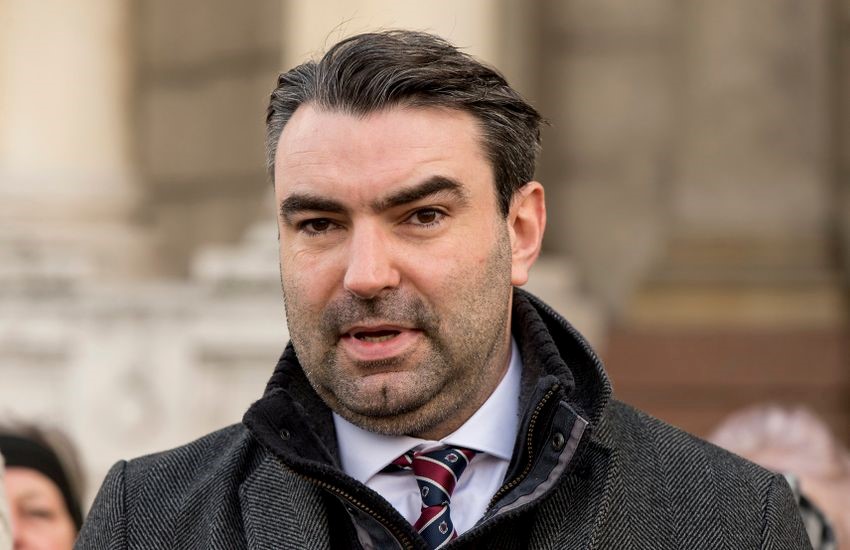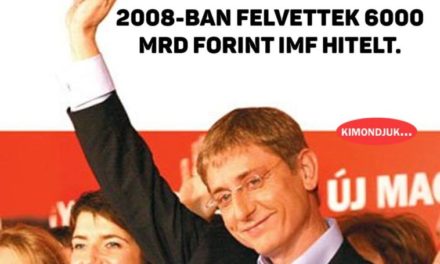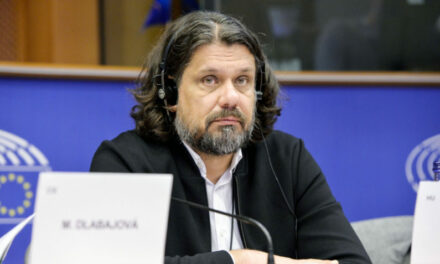In the United States and Canada, organizations that collect and manage campaign contributions from members and donors (who give money to these funds for campaigns against/for candidates, referendum initiatives or legislation) are called PACs (political action committees). The legal concept of PAC was created in the framework of the US campaign finance reform.
At the federal level in the United States, an organization qualifies as a PAC if it spends or receives (handles) more than $1,000 to influence federal elections and is registered (registered) with the Federal Election Commission under the Federal Election Campaign Act ( which was supplemented in 2002 by the so-called Bipartisan Campaign Reform Act, BCRA for short).
PACs are actually organizations created for campaign financing, which are required to account every quarter for the money they collect and use. For example, PACs are used to finance presidential campaign teams; for this purpose, in September 2016 - turning to the end of the election - approx. Trump's staff of 140 people was awarded $640,000, while Hillary Clinton's staff of 789 people was paid $3.3 million through these legal channels. It can therefore be seen that the staff costs of the Democratic presidential candidate were more than five times as large.
One more relevant addition to the 2016 elections: according to politico.com's calculations at the time, the two candidates were able to reach the campaign finish with a substantially larger budget available for Clinton (she had to manage $190 million, Trump $100 million).
It should be mentioned that there are the so-called super PACs, which are treated as a separate category. These are officially known as "independent expenditure committees", because they cannot contribute financially to the candidates' campaigns or their parties' expenses, but at the same time they can undertake other political expenditures without limits. Unlike traditional PACs, super PACs can raise funds from individuals, corporations, unions, and other groups without legal limits on the amount of donations. Such a super PAC close to Trump in 2016 was, for example, Rebuilding America Now, which according to some data had more than $30 million in committed donations in June 2016, although the organization later posted that only $2 million were collected.
At the same time, the political candidates and the so-called managers of super PACs are legally allowed to quasi-discuss campaign strategy and tactics through the media.
Another possibility of grouping: there are the so-called connected PACs, which are usually always from a narrowly delimited layer, e.g. they receive money from trade unions, trade groups, and health organizations, while unaffiliated PACs tend to follow ideological missions and are committed to only one discussion point or issue. The latter can accept money from individuals, organizations, and affiliated PACs. The number of connected PACs is close to five thousand, that is, their number is several times that of non-connected PACs.
A growing concern
Businesses that finance super PACs can be used by foreigners who want to secretly and illegally spend millions to influence American elections, a campaign finance advocacy organization .
As long as they disclose their donors, super PACs can raise and spend unlimited amounts to support or oppose presidential and congressional candidates. However, these donations often come from opaque front companies, obscuring the true source of the money and opening the door to even greater interference from overseas adversaries.
The 20-page "Mystery Money" report details a dozen cases in which businesses that appear to be front companies funnel secret cash to both parties. While super PACs list these businesses among their donors, the person or group behind the company can remain well hidden.
"Foreigners have used companies to illegally funnel money into U.S. elections at least twice in recent years, according to the Justice Department." said Issue One CEO Nick Penniman. "It is only a matter of time before this glaring loophole in the campaign finance system is more systematically abused by malicious foreign actors."
Both parties benefit from this. In one case, a New Jersey plumbing company gave $250,000 to the main super PAC supporting Republican Senate candidates last November. The deal appears to be linked to billionaire Steven Roth, who was an economic adviser to President Trump.
Another case study described two companies "tied to a business couple accused of bribing a politician in New Orleans" and contributing $300,000 over the past five years to New Horizons USA, a super PAC in Louisiana. to help Democrats.
To close this loophole, the nonprofit watchdog said Congress should make it a crime for Americans to create business entities that conceal the illegal political activity of foreign nationals, while the Federal Election Commission should strengthen regulation and transparency for super PACs. also among corporate donations.
Source: alaptorvenyblog.hu
Photo: Hungarian nation












